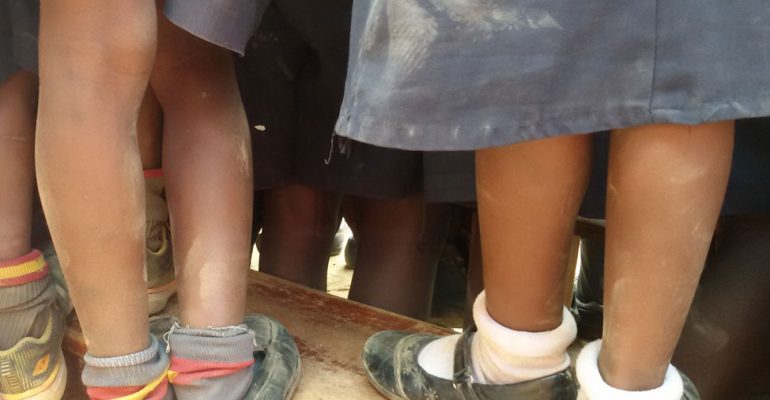More than 103 million young people worldwide cannot read and write.
UN, set in 2030, the Agenda for Sustainable Development as a series of objectives that aims to improve the lives of all, both at an environmental and social level. Among the objectives is to be able to provide all the children of the world with quality education. According to estimates, although enrolment in primary schools in developing countries has reached 91%, there are still 57 million children who cannot access basic education in those countries. More than half live in sub-Saharan Africa. In addition, there are 103 million young people who lack basic reading and writing skills, of which over 60% are girls.
The inability to access education, exacerbated by Covid 19, entails a series of adverse social consequences: illiteracy, poverty, the inability to know one’s rights and how to claim them. It decreases the chance for professional opportunities and sustainable lifestyles, enhancement of cultural diversity and, last but not least, gender equality. In fact, even more, affected by the lack of access to education are girls who cannot achieve independence and emancipate themselves, and this is often linked to the phenomenon of child brides and early tens pregnancy.
Hiccup Circus Uganda is an interactive, educational, entertaining and itinerant Social Circus – without animals – made up of young people and it uses the circus and performing arts in combining creative content with social change campaigns. Since its foundation, it has realized 6 artistic productions reaching more than 56.000 youth across 88 live performances.
Here in Uganda, teaching establishments have been closed since March 2020 and HCU hopes that schools can reopen soon to help meet the needs of countless pupils.
The contribution to this gesture can be easily done online, from this page.


